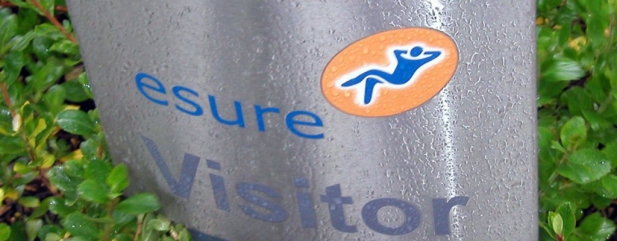Motor and home insurer Esure (ESUR) is set to be taken over after agreeing to an all-cash offer made by private equity house Bain Capital.
The offer values Esure at £1.2bn as Bain made the offer at a 37% premium to Friday’s closing price of 204p, or 280p per share in other words.
Kamran Hossain, analyst at RBC Capital Markets, says 280p per share is the ‘best that Esure could expect for now’ at least until the UK motor insurance market turns.
DOWNBEAT RESULTS
This view seems borne out by the company’s half year results to 30 June, which were weaker than market forecasts. For instance the pre-tax profit figure of £36.1m is 13% behind consensus with net income 8% short of what was pencilled in at £31m.
The all-important combined ratio, a key measure of an insurance company’s profitability, is two percentage points above forecasts at 101%. A ratio above 100% implies a company's underwriting operations are paying out more in claims than they are getting in premiums.
The company attributes the profit slip to ‘adverse weather related claims’ which hit its main motor and home insurance businesses. Excluding these, Esure says that pre-tax profit would have been £50.1m although whether adverse weather is a one-off is highly debatable.
The ‘Beast from the East’ pushed the company’s home insurance division combined ratio to 130.1%, with claims for flash flooding also not helping with that metric.
Given Esure’s acceptance of Bain’s offer, it could be argued that the company’s results pale into insignificance.
This is the view of Edward Morris, analyst at investment bank JP Morgan, who says the results are unlikely to be a ‘major focus’.
RBC’s Hossain sees the offer as a ‘good outcome’ for Esure shareholders, although he also believes the reserves set aside for the weather losses are likely to be ‘highly conservative’. (DS)
‹ Previous2018-08-16Next ›

 magazine
magazine








